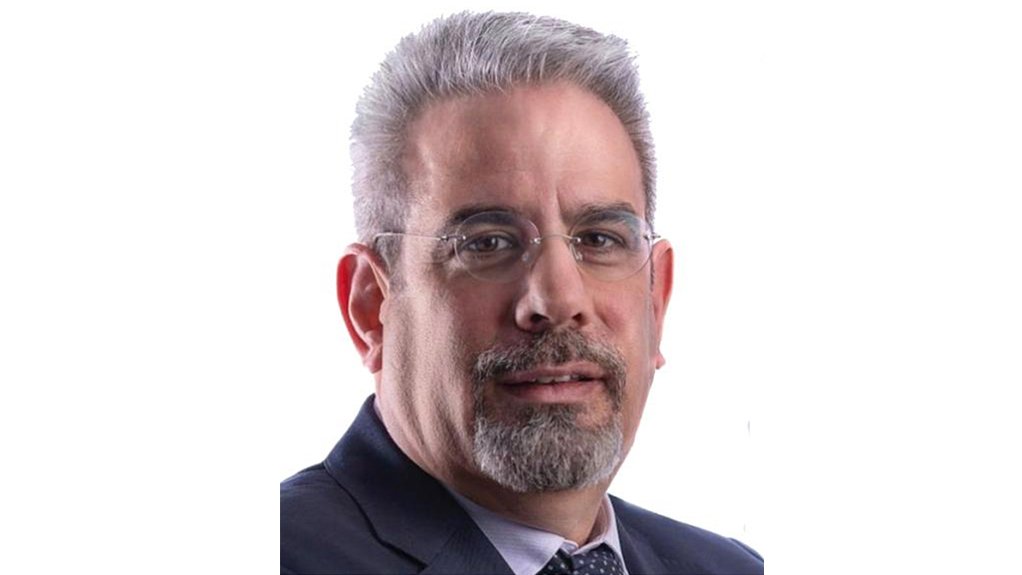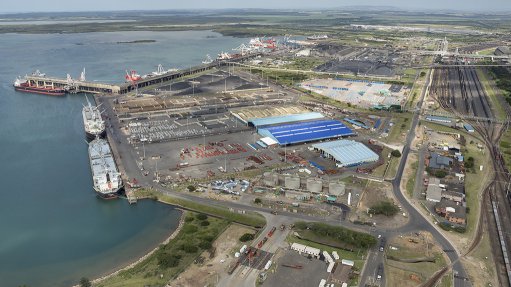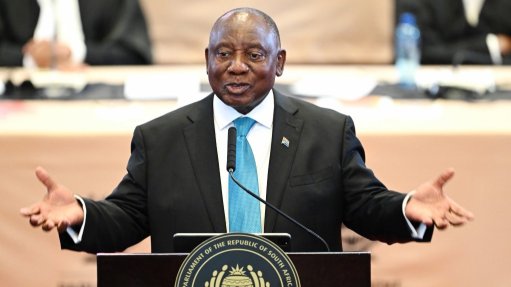Travel demand fuels resurgence despite costs


KAMIL ALAWADHI High oil and fuel prices are likely to see airlines improve their fuel efficiency - both through the use of more efficient aircraft and through operational decisions
The lifting of travel restrictions in most markets, low unemployment in most countries and expanded personal savings are fuelling a resurgence in demand in the global air transport industry, which will result in passenger numbers reaching 83% of pre-pandemic levels in 2022, states industry body the International Air Transport Association (IATA) Africa and Middle East regional VP Kamil Alawadhi.
Efficiency gains and improving yields are also helping airlines to reduce losses amid rising labour and fuel costs, of which the latter is driven by a sharp increase in the global oil price and a widening crack spread (the pricing difference between a barrel of crude oil and its by-products such as gasoline, heating oil, kerosene and fuel oil) this year, he adds.
Cargo volumes are also expected to reach a record high of 68.4-million tons this year.
“People are flying in ever greater numbers, and cargo is performing well against a backdrop of growing economic uncertainty. Losses will be cut to $9.7-billion this year and profitability is on the horizon for 2023. It is a time for optimism, even if there are still challenges on costs and lingering restrictions in key markets,” states IATA director-general Willie Walsh.
Lower vaccination rates have dampened Africa’s air travel recovery to date, but Alawadhi contends that the industry in Africa is expected to recover later this year, contributing to an improved financial performance.
Net losses are forecast at $0.7-billion this year.
After two years of lockdowns and border restrictions, owing to Covid-19, Walsh emphasises that people are now “taking advantage of the freedom to travel”.
Total traffic in June this year – which is measured in revenue passenger kilometres (RPKs) – was up by 76.2%, compared to the June percentage last year. This was fuelled by the ongoing strong recovery in international air traffic, as traffic is now at 70.8% of pre-pandemic levels.
Domestic traffic for June this year was up by 5.2%, compared to June last year, as a result of strong improvements in most markets, combined with the easing of some Omicron-related lockdown restrictions in the Chinese domestic market, he adds.
Total domestic traffic for June this year was 81.4% of the total domestic traffic experienced in June 2019.
International traffic also rose by 229.5% in June this year, compared to international traffic in June last year.
Alawadhi emphasises that the lifting of travel restrictions in most parts of Asia-Pacific is contributing to this recovery. In June this year, international RPKs reached 65% of the June 2019 levels.
“During the same period, African airlineshad a 103.6% rise in June RPKs, compared with a year ago. In June 2022, capacity was up 61.9% and load factor rose by 15.2%, to 74.2% – the lowest among regions. International traffic between Africa and neighbouring regions is close to pre-pandemic levels,” Alawadhi elaborates.
Fuel Impact
Alawadhi stresses that the crack spread between crude oil and jet kerosene has more than doubled since the start of this year, owing to jet fuel having sold at a $20/bl premium against crude oil. Since April this year, the premium has been more than $40/bl.
“At $192-billion, fuel is the industry’s largest cost item in 2022, comprising 24% of overall costs, up from 19% in 2021. This is based on an expected average price for brent crude of $101.2/bl and $125.5/bl for jet kerosene. However, the average jet fuel price on August 12, 2022, was $138.5/bl for an average of $142.8/bl for the year so far.”
Airlines are expected to consume 321-billion litres of fuel in 2022, compared with the 359-billion litres consumed in 2019. At current levels, the increase in jet fuel prices will add $132.9-billion to the industry’s combined fuel bill this year.
The ongoing war in Ukraine is also keeping prices for brent crude oil high, he adds.
“Fuel will account for about a quarter of costs in 2022. A feature of this year’s fuel market is the high spread between crude and jet fuel prices. This jet crack spread remains well above historical norms, mostly owing to capacity constraints at refineries.”
Alawadhi stresses that underinvestment in this area could also mean that the spread remains elevated into next year.
High oil and fuel prices are also likely to result in airlines’ improving fuel efficiency using more efficient aircraft and operational decisions.
Sustainable Fuel
IATA is advocating that governments urgently put in place large-scale incentives to rapidly expand the use of sustainable aviation fuels (SAF) as aviation pursues its commitment to achieving net-zero carbon emissions by 2050.
Alawadhi points out that current estimates are for SAF to account for 65% of aviation’s carbon mitigation in 2050; this would require a yearly production capacity of 449-billion litres.
Investments are in place to expand global SAF yearly production from the current 125-million litres to five-billion litres by 2025. With effective government incentives, production could reach 30-billion litres by 2030, which he says would be “a tipping point” for SAF production and use.
“Last year, irrespective of price, airlines have purchased every drop of the 125-million litres of SAF that was available. More than 38 countries also have SAF-specific policies that clear the way for the market to develop.Airlines have also entered into $17-billion of forward-purchasing agreements for SAF,” Alawadhi concludes.
Article Enquiry
Email Article
Save Article
Feedback
To advertise email advertising@creamermedia.co.za or click here
Press Office
Announcements
What's On
Subscribe to improve your user experience...
Option 1 (equivalent of R125 a month):
Receive a weekly copy of Creamer Media's Engineering News & Mining Weekly magazine
(print copy for those in South Africa and e-magazine for those outside of South Africa)
Receive daily email newsletters
Access to full search results
Access archive of magazine back copies
Access to Projects in Progress
Access to ONE Research Report of your choice in PDF format
Option 2 (equivalent of R375 a month):
All benefits from Option 1
PLUS
Access to Creamer Media's Research Channel Africa for ALL Research Reports, in PDF format, on various industrial and mining sectors
including Electricity; Water; Energy Transition; Hydrogen; Roads, Rail and Ports; Coal; Gold; Platinum; Battery Metals; etc.
Already a subscriber?
Forgotten your password?
Receive weekly copy of Creamer Media's Engineering News & Mining Weekly magazine (print copy for those in South Africa and e-magazine for those outside of South Africa)
➕
Recieve daily email newsletters
➕
Access to full search results
➕
Access archive of magazine back copies
➕
Access to Projects in Progress
➕
Access to ONE Research Report of your choice in PDF format
RESEARCH CHANNEL AFRICA
R4500 (equivalent of R375 a month)
SUBSCRIBEAll benefits from Option 1
➕
Access to Creamer Media's Research Channel Africa for ALL Research Reports on various industrial and mining sectors, in PDF format, including on:
Electricity
➕
Water
➕
Energy Transition
➕
Hydrogen
➕
Roads, Rail and Ports
➕
Coal
➕
Gold
➕
Platinum
➕
Battery Metals
➕
etc.
Receive all benefits from Option 1 or Option 2 delivered to numerous people at your company
➕
Multiple User names and Passwords for simultaneous log-ins
➕
Intranet integration access to all in your organisation



















